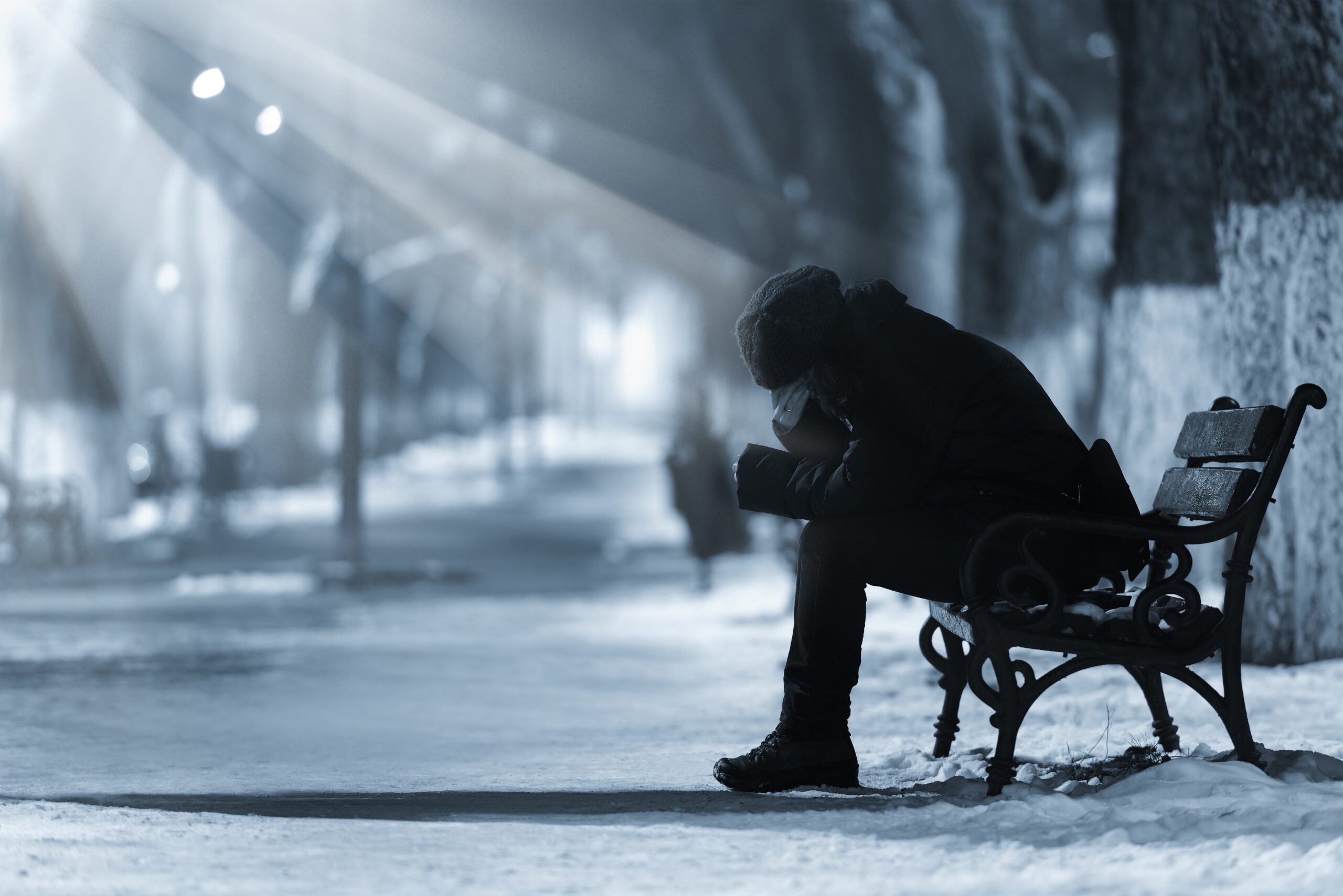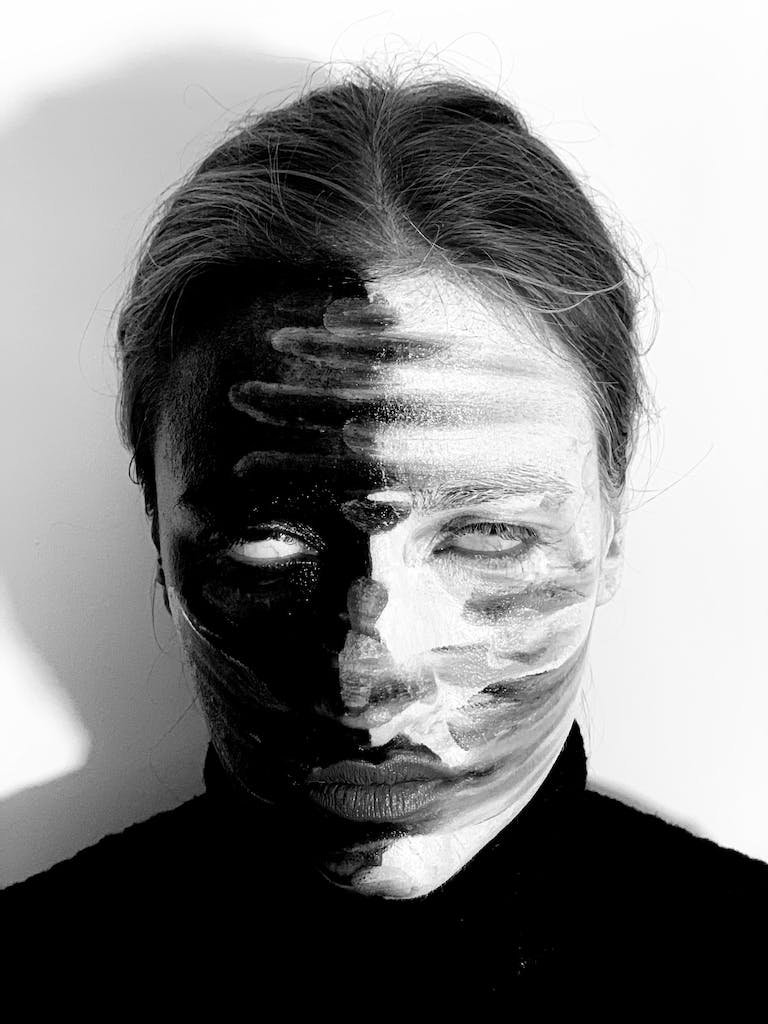Living, Loving and Laughing with Depression: How I Survived Medical School
By Dr. Lynette Charity, Board-Certified MD, Anesthesiologist & Keynote Speaker
Hello, my name is Lynette Charity MD, and I suffer from depression.
Becoming a physician was my dream come true. I still remember watching the TV medical drama Ben Casey when I was 9 years old. The year was 1961, and I lived in the segregated South in the state of Virginia. And no matter that Ben Casey was white and MALE, he was my inspiration.
Despite the racism, discrimination, and sexism of the time, who could have imagined that I would survive all that only to be taken out by depression?
First Severe Case
My first severe case of depression occurred in medical school. The year was 1974. At the time, no one understood that what was happening to me was secondary to a mental darkness that had invaded my world. How did this happen?
Was it genetic? My father AND mother most likely had depression.
Was it environmental? Growing up in a world being told that you are less than human; maybe.
Was it a response to a traumatic event? Like seeing my 2-year-old sister get hit by a car and die right in front of me, yes, that could have definitely been a trigger.
When I collapsed in my Histology class during my first year of medical school, I was rushed to the hospital. No one had noticed how the stress of being a minority female in a world of white men was affecting me. I self-isolated (before it was a thing), I stopped eating and barely slept. With the little energy I had, I managed to go to class, but not once did anyone think I had a problem.
I was admitted to the hospital and the first diagnosis was something called “regional enteritis”, an intestinal inflammatory disease—I weighed 80 pounds. They spent a week doing lab tests, invasive procedures, and xrays. Everything was negative. Finally, it was decided that I was suffering from “exhaustion.” I was discharged and told to eat and go back to class.
My Father
My father died one day later, after a long bout with esophageal cancer. He was 50. I went home, but never made it to his funeral because I was re-hospitalized right after collapsing getting off the plane. Upon discharge from that hospital, I spent a week lying on our living room couch, trying to figure out how best to kill myself.
“If I just stop eating and drinking, it might take a while, but it should work.” I thought.
“Why keep living?”
My dream was shattered. I was NOT going to become a medical doctor. Death was my Plan B.
My Mentor
But something amazing happened. My mentor during this time was Dr. Vivian Pinn. She called my mother to check on me. This was the conversation.
“Hello Mrs. Charity, how is Lynette?”
“She says she’s not coming back to school. She’s just given up.”
“Mrs. Charity, if it were anyone other than Lynette, I would say keep her at home for a year. But it’s Lynette. You send her back to us. We will get her through this.”
And so my mother somehow got me on a plane and I returned to medical school. The faculty and my classmates helped me to get “caught up” and I could go on to my second year with their help.
As time passed and I entered my clinical rotations years, my mood changed. I gained weight and my passion for medicine fueled my recovery. And that was my coping mechanism, my therapy—my passion for saving lives. It sustained me until it didn’t.
1998
Fast forward to 1998. I was a Board-Certified Anesthesiologist married to a Board-Certified Critical Care physician.
We were living the two-income physician’s life, working for 80-100 hours each week. We were on an on-call schedule that included nights, 24-hr weekend calls, and holidays.
Sometimes our schedules made it necessary to have others take our children on vacation during spring break and holidays.
Our kids were in private school, we had a beautiful home in WA state, and we were well respected in our medical and personal communities.
Coping With Depression
I was coping with my depression and seeing a psychiatrist in secrecy, but refusing medication. I worried about the medical community discovering that I had a mental illness. In fact, I remember filling out credentialing forms and LYING. Yes, I lied about my depression, but I didn’t lie about being on medication, because I wasn’t.
For all that time, it had been a struggle. I led two lives. My professional life of being upbeat, always smiling, and providing the best care for my patients. My personal life of going home and being “silent.” If you ask my husband and children, they will tell you.
“We knew she was having a bad time when she stopped talking. When she gave us the silent treatment.”
And I did that because there were so many voices in my head. I would “ruminate” constantly. The voices made me doubt everything I did even though someone would applaud me for giving a great anesthetic or getting an IV in a patient when everyone else had been unsuccessful.
I would put on a happy face, but inside, the voices were saying, “They’re just saying that. They don’t mean it.”
Making A Change
So I managed the best way I knew how and managed I did until relocation from WA to VA uprooted my life. This major life change derailed my coping mechanisms. My work kept me sane—literally. And now I had to leave my practice and start over.
So we moved.
My children started their new schools; my husband went off to his new job; and I was, at that moment, a homemaker, not a medical doctor. I had not yet found a job. And I was on the edge of darkness.
The defining moment came when I shared the struggle I was having with my then-teenage daughter with a newfound “friend.” And she said. “It seems you love THAT job more than you love your daughter!” That was it! I lost it!
The Reality Of Depression
I started crying hysterically and ran out into the street. I wandered around crying while the voices yelled at me. “You’re not a good mother. You’re not a good doctor. You should just die!” I agreed.
I found myself on a bridge. The water below called to me. “Jump, Lynette, it will be over soon. You’re not a good swimmer.”
Another voice said, “Lynette, you will most likely die when you hit those jagged rocks below, but not being a good swimmer will be a plus. Knocked out, face down floating in the water, should do the trick.”
Here I was, a physician fully aware that voices inside my head were telling me to do things, with no ability to stop what was happening. THEY were in control.
As I climbed to the top railing of that old wooden bridge, I leaned forward and closed my eyes. I don’t think I wanted to kill myself, but I did want the voices and the pain to go away – I was tired of my so-called life.
The rollercoaster ride of emotions that I had experienced for over 30 years had tired me out. I was tired of trying to hide my mental illness and being afraid to ask for help.
Beating It
As I was about to let go, another voice entered my head.
“Call Yo Mama!” it said.
It startled me. The voice repeated, “Call Yo Mama!” This time, it made me stand up straight and strengthen my grip on the bridge post.
I thought “If I don’t call my mama before I kill myself, she’s gonna KILL me!”
I snapped back into my reality and got down just in time for my husband to find me. At that moment, I KNEW, more than ever before, I needed help. Hell, I knew I wanted help. And I got it. Therapy and medication. AND I called my mother.
Finding The Light
After my treatment, a combination of talk therapy and medication, I came out of the darkness. I felt great! I shared my struggle with all who would listen, especially women who have tried to be all things to everyone.
When I realized that I could not wear all the hats without hurting my mental health; wife, mother, lover, home organizer, AND physician, I learned the art of delegating. Despite child labor laws, I put my children to work.
“If you don’t want that silent treatment, kids, you have to help mommy.” It worked.
Finding Ways To Cope & Manage
My husband and I began taking mental health days together. A movie here, dinner, and a movie there. We discovered outdoor activities; hiking, biking, and skiing for just the two of us, but also sometimes including our children.
Running Therapy
I became a long-distance runner and found solace and quiet while training and running my marathons. And it’s amazing how many people you can cuss out in 26.2 miles! It was cathartic. I changed my medical practice to accommodate time off to just “chill”. And I refused to feel guilty about it. When you fly on a plane, the flight attendant tells you, “Put your own oxygen mask on before assisting others.” Wise words. Who can you help if you are clinically depressed or dead?
A New Spirituality
I have discovered a spirituality that as a “concrete thinker”; a left-brainer, I at one time would have never entertained.
While visiting Sedona, Arizona, I hiked near Cathedral Rock and while there, I sat on a rock and meditated. I experienced an epiphany—I found calmness in the chaos of life. I was transported to a place of light. To this day, I keep that memory close to me in times of struggle, and in my heart, I return there no matter where I am.
Find your “Cathedral Rock”.
Namaste.
The Present Time
I’m now 68, retired from practicing clinical medicine but staying active. I still have a therapist and I take an antidepressant. However, my best antidepressant these days is my 22-month-old grandson. He won’t allow me to sulk. Seeing him happy makes me happy.
And remember that laughter is the best medicine. It is not a cure for depression, but let me tell you, it’s very hard to be sad when you’re rolling around on the floor laughing your gluteus maximus off! And for me, laughing so hard that you lose bladder and bowel function. Hey, I’ve had two children and I’m on Medicare!
Stand Up Comedy
And one last thing, I began doing stand-up comedy and improvisation about seven years ago. Sharing my stories with humor has been another great therapy option.
I still suffer from depression but finding my peeps, having a lifeline to share my struggles when I’m feeling sad, and finding the funny in everyday life has been great for me and I suggest you try it.
Right now, find the humor in this situation regarding toilet paper! Toilet paper is the new currency. It has surpassed Bitcoins! Ha Ha Ha Ha!
The struggle is REAL, but YOU can handle it! I believe in all of you. They don’t give childbearing privileges to just anyone!
If you are concerned someone may be considering suicide, please seek out help immediately. You can call the National Suicide Prevention Lifeline at (800) 273-8255, call 9-1-1, or get to your nearest emergency room.
Dr. Lynette Charity is a Board-Certified Anesthesiologist with over 35 years of experience “putting people to sleep”. She is also an author, humorist, and award-winning international speaker who graduated with honors from Chatham College for Women and received her MD degree from Tufts University School of Medicine. Dr. Charity has practiced nationally, and internationally and maintained a long private practice career. Drawing from her vast experience, she delivers personal and powerful stories that educate and inspire. She speaks to various groups in her capacity as a medical expert in the field of Anesthesiology, and her presentations are always sprinkled with humor.
CONTACT INFO FOR EDITOR:
Arden Izzo (Publicist)
Phone: 716-713-7645 (texting is best)
Email: arden@farrowcommunications.com




